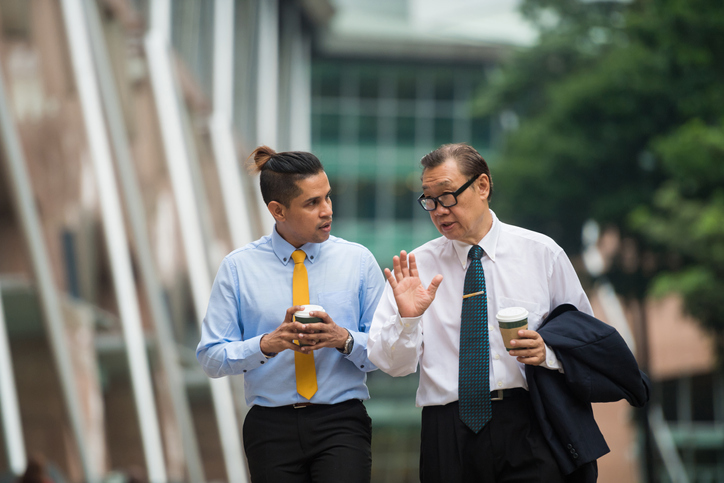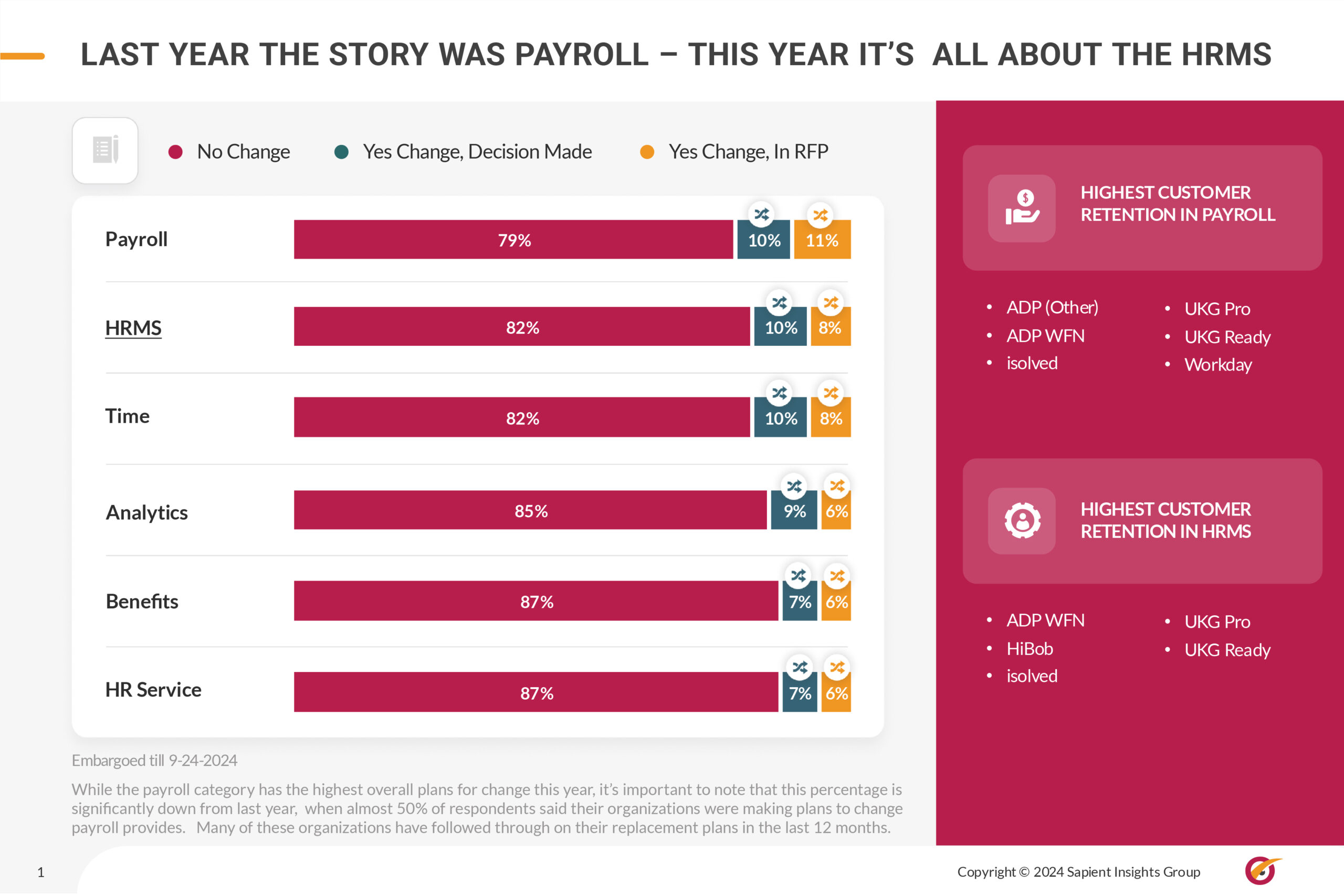Finding synergy within the multi-generational workforce
- HRM Asia Newsroom

“How are you going to make decisions if your whole executive committee is over the age of 40?”
This question was posed in 2016 to Sébastien Bazin, chairman and CEO of AccorHotels, the French hospitality group, which employs some 250,000 people in 95 countries.
Two weeks later, the “Shadow Comex”, a millennial shadow board, was first convened.
The group features six men and six women aged between 25 and 35 from across the group’s 4,000 hotels. For the duration of their one-year term, they work with management to keep the business relevant and modern, even as millennials become the biggest employee and customer demographic.
This example is just one of hundreds of engagement initiatives targeting the younger generation as we move into the digital era.
With the recent entry of “Gen Z” employees – digital natives who have no personal experience of life in “analogue” – organisations are hosting as many as five different generations in their workforces, each with different perceptions and expectations out of their jobs and their colleagues.
Synergy between these different demographics won’t happen spontaneously, or overnight. Organisations will need to invest in their own version of the “Shadow Comex”.
Last year, seven business heads and CEOs from the region took part in executive search firm Odgers Berndtson Asia’s “CEO X 1 Day” initiative.
The initiative gives undergraduates from Singapore universities the opportunity to live in the shoes of a business leader for a day – professionals at the top of their game, hailing from companies such as Johnson & Johnson, Lloyd’s Asia, HP Inc., PropertyGuru Group, Siemens, and Bayer Pharmaceuticals.
The programme provides both company leaders and students the opportunity to learn from one another. On one hand, the students learn about the challenges CEOs face, and what it takes to be a leader in today’s world.
On the other, the CEOs get a real insight into what young, talented millennials are looking for in their future career.
PwC, meanwhile, formalised a reverse mentoring programme in 2014. This initiative sees some 120 millennials mentoring 200 management executives.
Meetings aren’t necessarily formal affairs, but they’re expected to occur regularly, and the participants aren’t just thrown in the deep end – the company runs a training programme for mentors to ensure that everyone knows what exactly they’ve signed up for.
Ultimately, these programmes aren’t just about aligning the expectations of the older versus younger generations – but about encouraging an inclusive culture where everyone feels welcome to share their perspective, and empowered to contribute their individual skills and knowledge.
| At the first-ever HR Festival Asia, brought to you by the combined experience of HR Technology Conference & Exposition (US) and HR Summit (Asia), leading HR practitioners will further address the constant challenges of dealing with multi-generational diversity.
The event’s dedicated Talent Management & Development stream will provide delegates with concrete insights on how to effectively and continuously reinvent their strategies to keep their workforces agile, engaged and productive. For more information, visit www.hrfestivalasia.com. |






